

As post-Covid inflation cools and central banks begin revising their policy stances, Sterling Asset Management Limited took a deep dive into the implications of these movements and the opportunities they present for investors.
At the company’s annual investor briefing at the AC Marriott Hotel recently Vice President of Trading and Investments Marian Ross-Ammar moderated a panel discussion that offered attendees deep-dive insights into the current global financial climate. On the panel were: Charles Ross, president and CEO of Sterling Asset Management Ltd; Keith Collister, executive chairman of ATL Pension Fund, financial journalist and commentator; and Henry Mooney, principal economist at the Inter-American Development Bank (IDB), who joined virtually.
Highlighting Sterling Asset Management’s investment strategy, Ross noted that the firm primarily focuses on high-quality fixed-income securities denominated in US dollars. This strategy enables Sterling to offer attractive opportunities while managing risk in an unpredictable market environment.
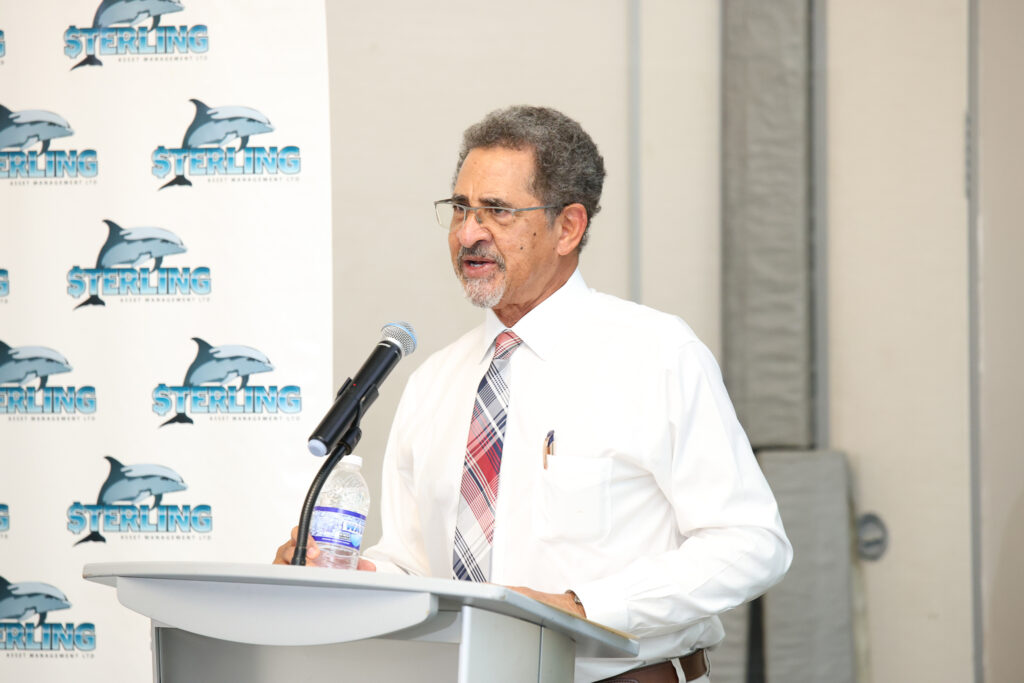
A key topic that Ross-Ammar introduced to the briefing was the US Federal Reserve’s recent and unexpected decision to cut interest rates by 50 basis points. Many market observers had anticipated a smaller adjustment.
On this note, Mooney explained that such a significant reduction signals a shift in the Fed’s priorities, indicating a new focus on maintaining full employment rather than solely controlling inflation. He warned, however, that the uncertainty surrounding US fiscal policy, particularly in light of the upcoming elections, could further complicate long-term investment decisions.
“The Fed’s move indicates a major pivot, and with the US elections looming, the fiscal landscape could become even more unpredictable. This will require investors to be particularly agile in their strategies,” he expounded.
Collister emphasised that the US Fed rate cut would influence Jamaica’s own monetary policy, arguing that the Bank of Jamaica (BOJ) has been slower than necessary in responding to a weakening economy, evidenced by key sectors like tourism and construction beginning to show signs of stagnation.
“The Jamaican economy is softer than the US, and in my view, sharper rate cuts are needed. The BOJ should act faster, especially with clear signals from the Fed,” Collister remarked.
The BOJ has since reduced interest rates by 25 basis points from 6.75 per cent to 6.50 per cent. However, Governor Richard Byles maintains that the central bank’s decision are determined by incoming data from Jamaica’s economy.
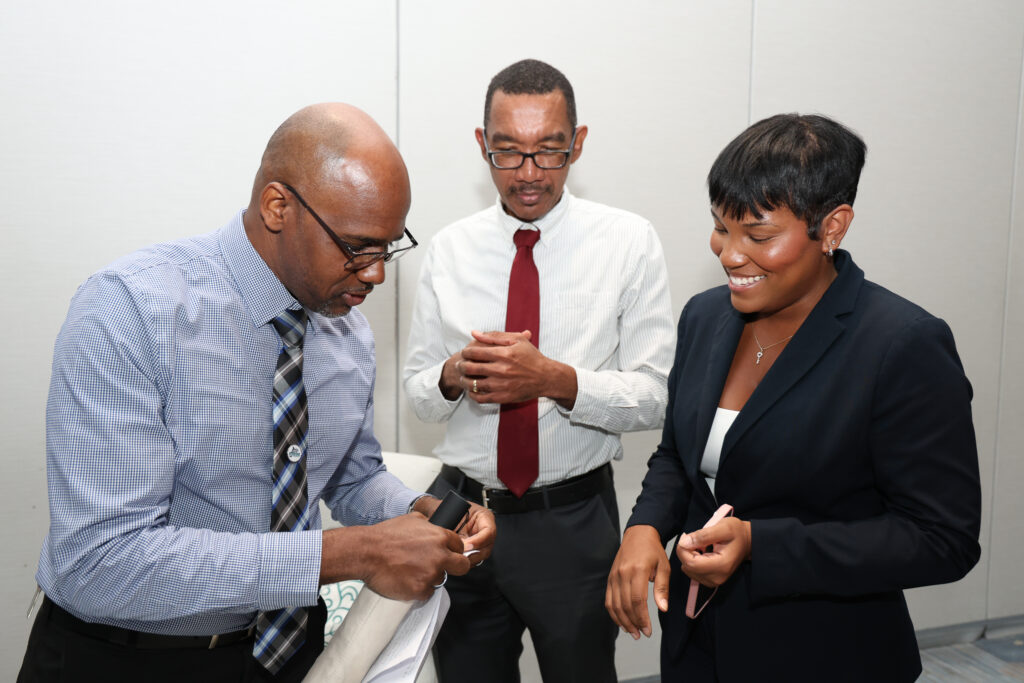
The panellists also touched on the potential risks Jamaica faces if the US economy continues to weaken. Ross pointed out the close economic ties between Jamaica and the US, with 70 per cent of Jamaica’s tourism revenue coming from American visitors. Any downturn in the US could directly impact Jamaica’s economy, particularly through reduced tourism and remittances.
“If the US catches a cold, Jamaica sneezes. While we’re optimistic about a soft landing, we must remain vigilant and prepare for potential headwinds,” the Sterling Asset Management CEO said.
Ross further advised clients to focus on longer-dated fixed-income securities, which are expected to perform well as interest rates fall. He also cautioned that the upcoming US elections could have a significant impact on fiscal policy, and so urged investors to keep a close eye on developments.
Mooney added that while emerging markets like Jamaica have benefited from a prolonged period of low interest rates, this dynamic could change as the US normalises its rates between 3 per cent and 4 per cent. This shift could alter capital flows and potentially reduce the attractiveness of certain investments in emerging markets.
Sterling’s CEO also pointed out that as interest rates continue to decline, Jamaica’s local stock market may present new investment opportunities. He said the firm is committed to actively monitoring these developments and advising clients on how best to capitalise on them.

The interactive Q&A session gave the audience a chance to directly engage with the panelists. One attendee raised concerns about the potential impact of lower interest rates on the Jamaican dollar. Collister acknowledged the delicate balance between stimulating economic growth and maintaining exchange rate stability.
Sterling Asset Management reaffirmed its commitment to guiding clients through these uncertain times. The firm pledged to continue:
● Advising clients on fixed-income opportunities as interest rates fall.
● Monitoring U.S. monetary policy developments and their impact on Jamaica.
● Exploring new opportunities in Jamaica’s local stock market.
Charles Ross concluded by reiterating to clients: “Our priority is to provide sound investment strategies that protect and grow our clients’ portfolios. As global markets shift, Sterling Asset Management will be there to navigate the path forward with you.”

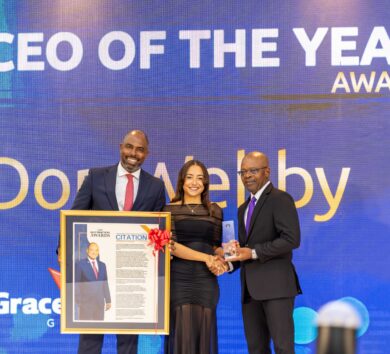


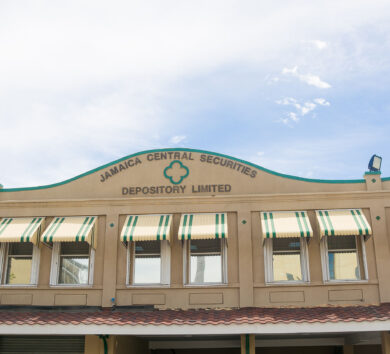

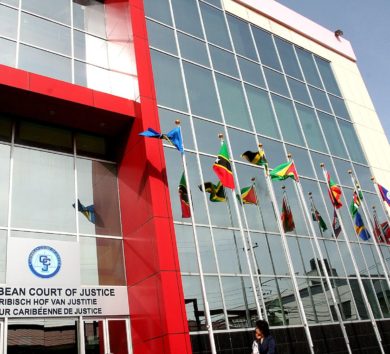
Comments